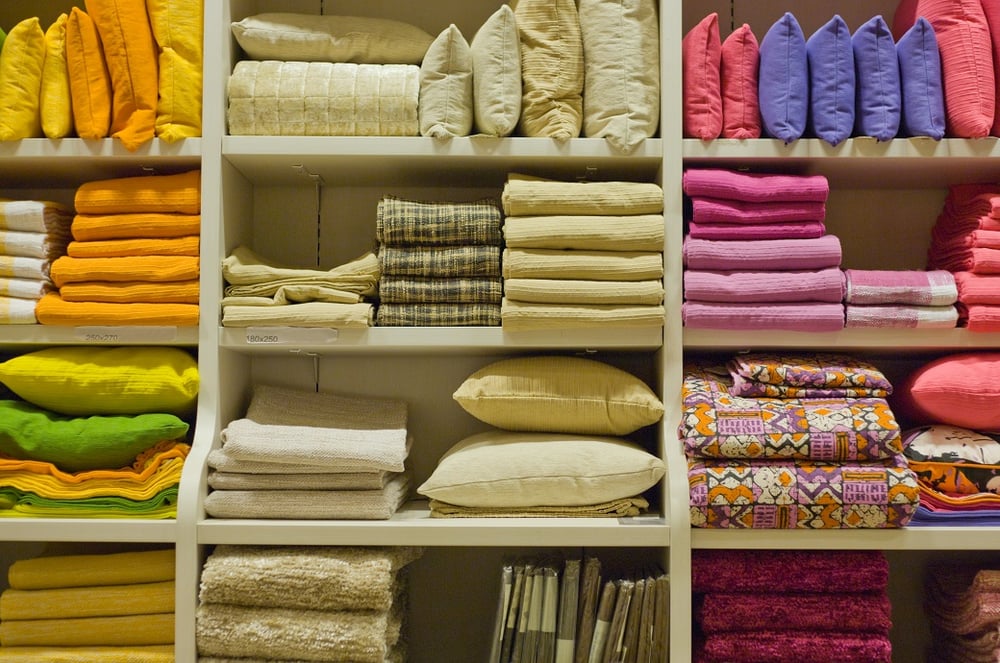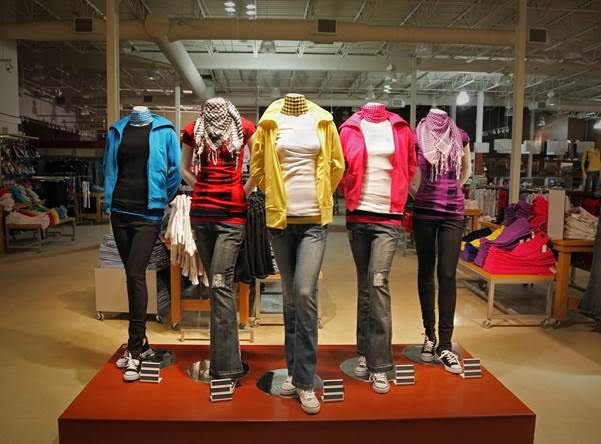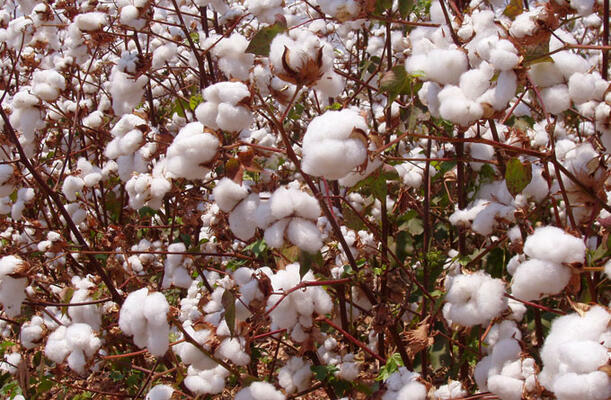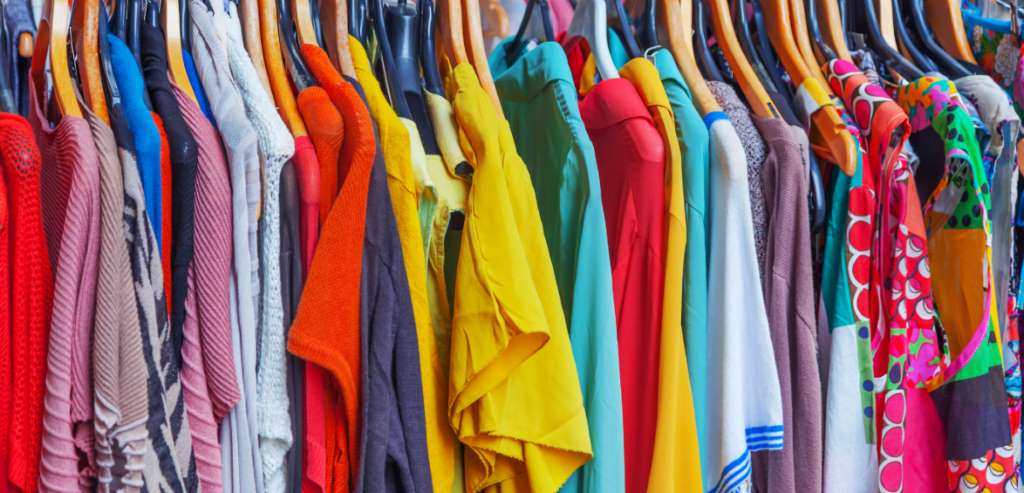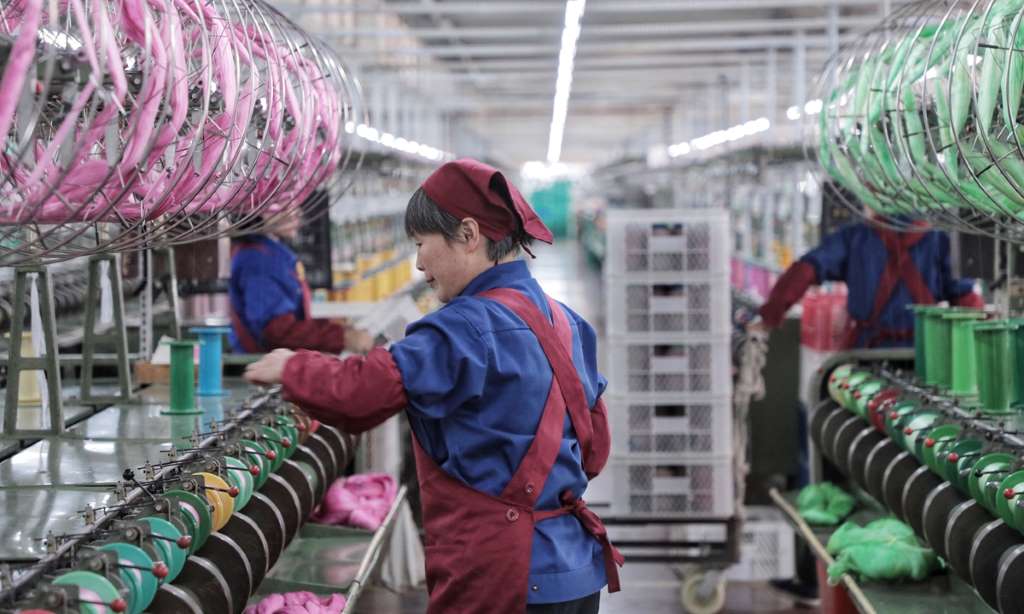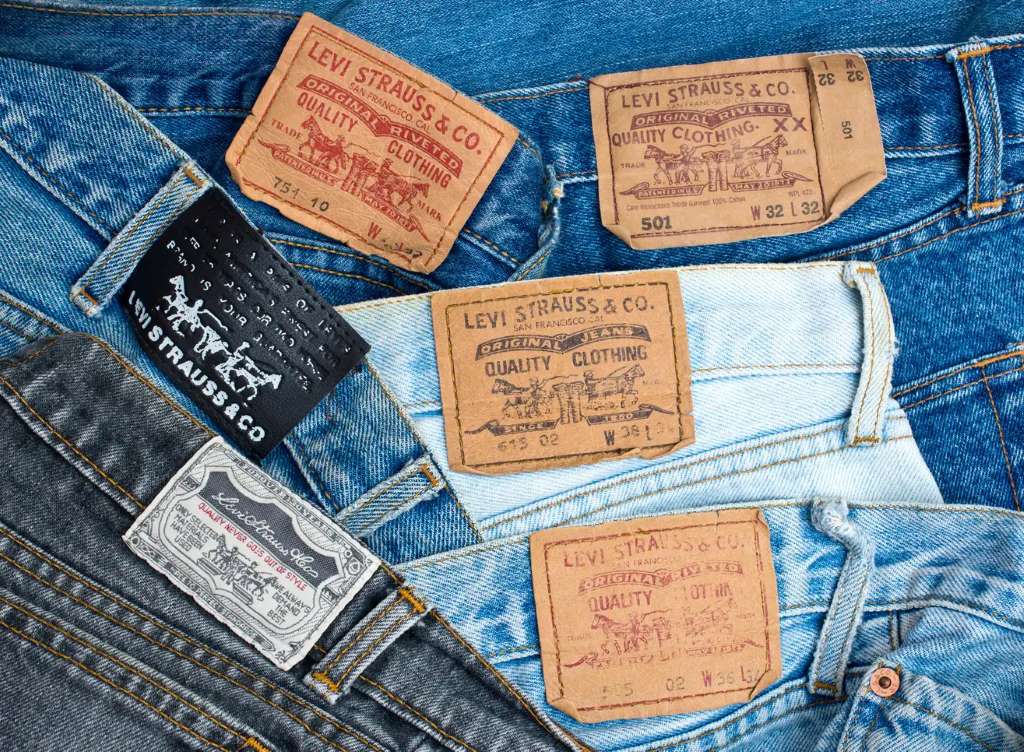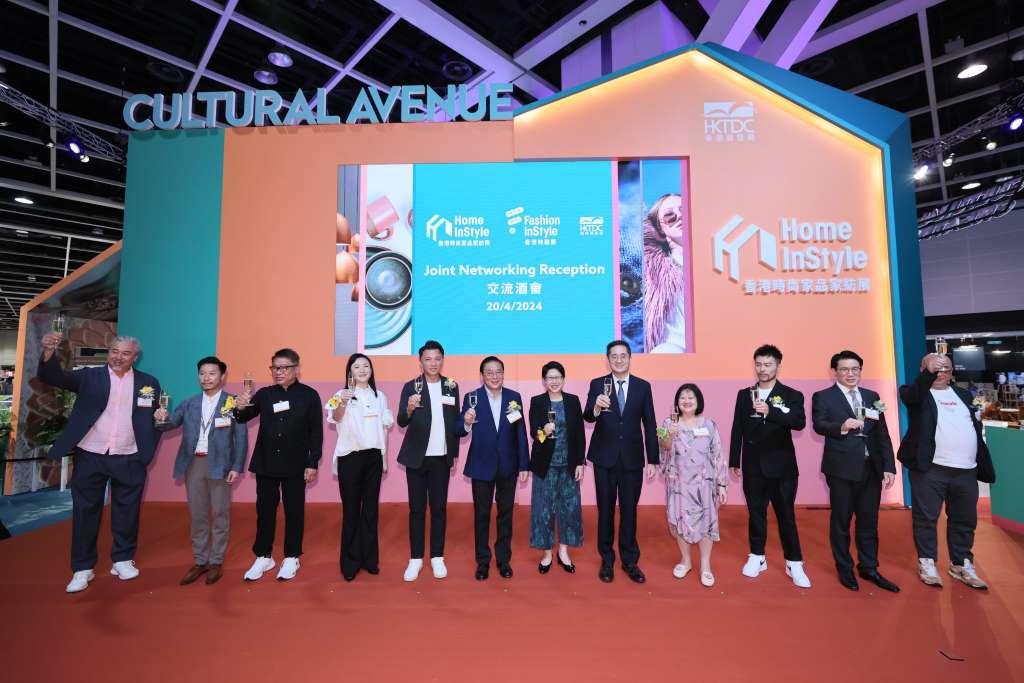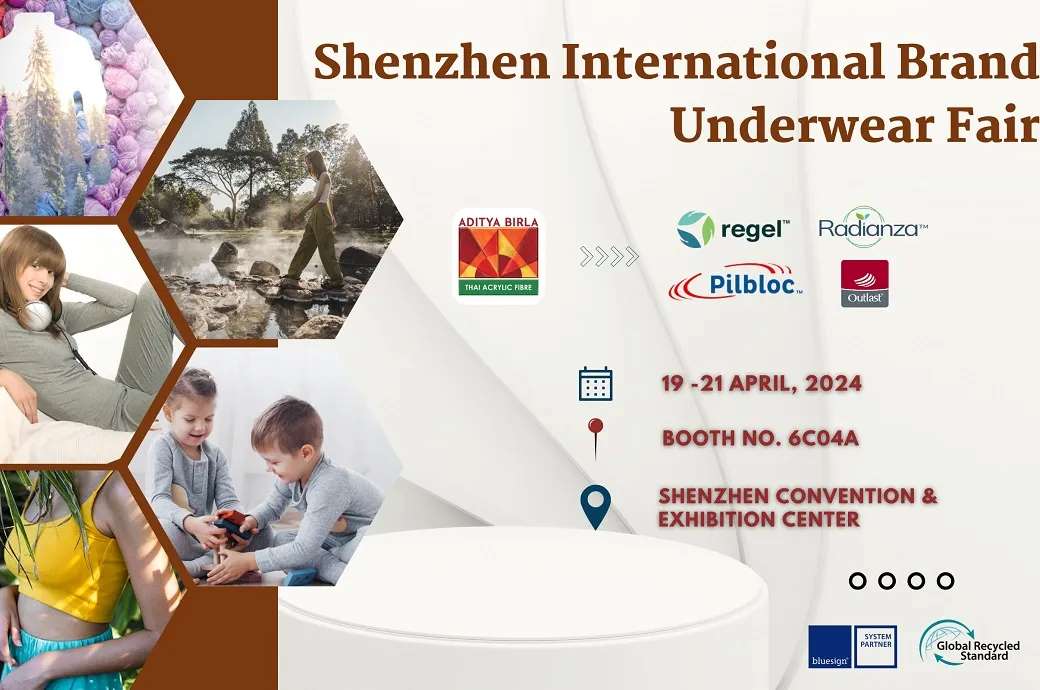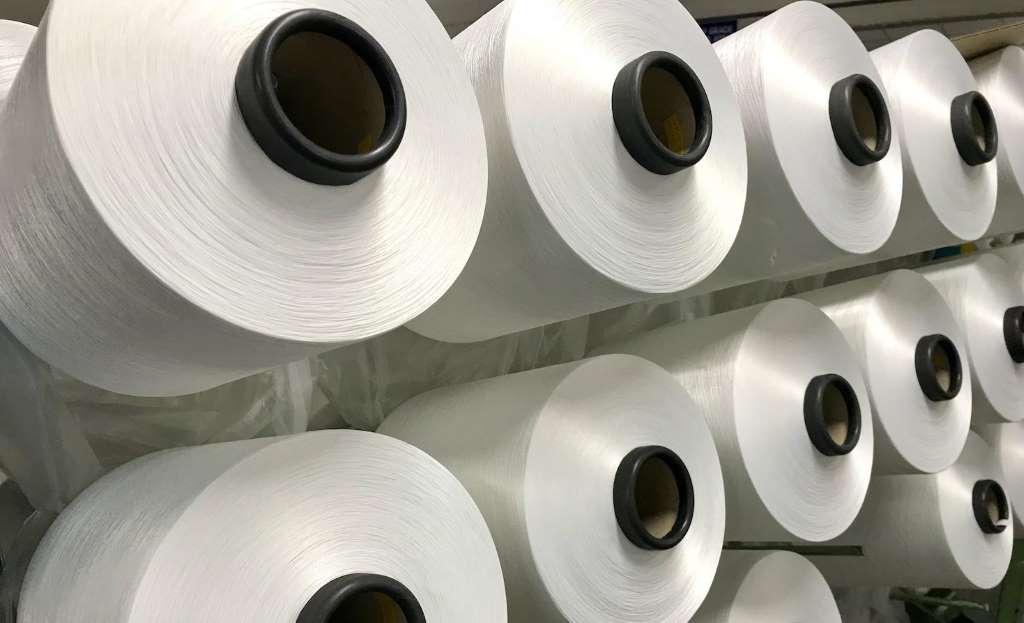FW
Devan Chemicals, a leading figure in pioneering textile solutions, proudly unveils its latest innovation: "Devan Stain Release," a breakthrough in textile finishing technology. Designed with a dual focus on sustainability and performance, this cutting-edge release technology facilitates the effortless removal of both water and oil-based stains.
The new release finish acts as a barrier against stubborn stains such as ketchup, mud, grass, and oils, including tea, vegetable, and corn oils. By preventing these substances from deeply penetrating fibers, Devan Stain Release ensures stains can be easily washed away from the surface, offering consumers peace of mind in their daily textile use.
Roberto Teixeira, Chief Technology Officer at Devan Chemicals, expresses enthusiasm for the market introduction of this innovative technology. Our team's dedication has led to the development of a solution that not only delivers exceptional stain release but also upholds our sustainability commitment, he remarks.
The PFC-free formulation of Devan Stain Release, with 40 per cent bio-based content, underscores the company's eco-conscious approach. Unlike traditional PFC-based alternatives, this technology simplifies application with its ready-to-use feature, eliminating the need for complex mixing processes. Moreover, it maintains fabric softness and does not require reactivation after home laundering at low temperatures.
Applicable across various textile applications, from school uniforms to home textiles, Devan Stain Release not only ensures ease of maintenance but also prolongs fabric lifespan, aligning with the ethos of sustainable consumption.
Devan Chemicals remains steadfast in its dedication to innovation and sustainability, striving to redefine industry standards and cater to evolving consumer demands globally.
Devan Chemicals, a leading figure in pioneering textile solutions, proudly unveils its latest innovation: "Devan Stain Release," a breakthrough in textile finishing technology. Designed with a dual focus on sustainability and performance, this cutting-edge release technology facilitates the effortless removal of both water and oil-based stains.
The new release finish acts as a barrier against stubborn stains such as ketchup, mud, grass, and oils, including tea, vegetable, and corn oils. By preventing these substances from deeply penetrating fibers, Devan Stain Release ensures stains can be easily washed away from the surface, offering consumers peace of mind in their daily textile use.
Roberto Teixeira, Chief Technology Officer at Devan Chemicals, expresses enthusiasm for the market introduction of this innovative technology. Our team's dedication has led to the development of a solution that not only delivers exceptional stain release but also upholds our sustainability commitment, he remarks.
The PFC-free formulation of Devan Stain Release, with 40 per cent bio-based content, underscores the company's eco-conscious approach. Unlike traditional PFC-based alternatives, this technology simplifies application with its ready-to-use feature, eliminating the need for complex mixing processes. Moreover, it maintains fabric softness and does not require reactivation after home laundering at low temperatures.
Applicable across various textile applications, from school uniforms to home textiles, Devan Stain Release not only ensures ease of maintenance but also prolongs fabric lifespan, aligning with the ethos of sustainable consumption.
Devan Chemicals remains steadfast in its dedication to innovation and sustainability, striving to redefine industry standards and cater to evolving consumer demands globally.
In a pioneering stride towards sustainable fashion, Jack & Jones and Spinnova have unveiled their latest collaboration: a vibrant t-shirt crafted from Spinnova fiber. This product marks a significant milestone as the first commercially available item stemming from Spinnova and Suzano’s Woodspin facility, a joint venture established in 2023.
Boasting a captivating floral backprint and available in three distinct colors – bright white, butter cream, and black – the t-shirt showcases a blend of 30 per cent wood-based Spinnova fiber, 45 per cent cotton, 20 per cent organic cotton, and 5 per cent elastane.
This innovative garment epitomizes Jack & Jones commitment to eco-conscious practices and marks their second venture into Spinnova fiber utilization, following the successful launch of men's trousers in October 2022. Representing the largest production volume of Spinnova fiber in a commercially available product to date, this t-shirt is available at selected Jack & Jones stores, online on jackjones.com, and through various wholesalers.
The collaboration between Spinnova and Bestseller, parent company of Jack & Jones, began in 2020, with the latter being the first to integrate Spinnova fiber into consumer products in 2022. Allan Jung Thorboll, International Buying Manager at Jack & Jones, expressed excitement about the partnership, stating that at Jack & Jones, they strive for a better way of making clothes. He highlighted Spinnova as a crucial ally in their sustainability journey.
With this second product launch, Jack & Jones solidifies its position as a global leader in sustainable fashion, pushing boundaries and redefining industry norms for a greener future.
In a significant move, the 80th Annual General Meeting of Lenzing AG, held on Thursday, April 18, 2024, saw the discharge of members from both the Managing and Supervisory Boards for the 2023 financial year. Additionally, the remuneration for Supervisory Board members for the 2024 financial year was established pre-emptively. KPMG Austria GmbH Wirtschaftsprufungs- u. Steuerberatungsgesellschaft secured the role of auditor for both the annual and consolidated financial statements for the fiscal year 2024.
Election results were also announced, marking transitions within the Supervisory Board. Markus Furst stepped down from his position at his own behest, having served since 2021. Cornelius Baur was elected as a new member, while Melody Harris-Jensbach’s tenure was extended until the 2028 General Meeting. The Supervisory Board now comprises ten members, with Cord Prinzhorn, MBA, elected as Chairman and Stefan Fida as Deputy Chairman in the subsequent constitutive meeting.
These developments reflect strategic shifts within Lenzing AG’s leadership structure, with an emphasis on continuity and fresh perspectives. The inclusion of new members and the extension of mandates signal a commitment to diverse expertise and sustained governance. Such changes could potentially influence the company's direction and decision-making processes in the coming years.
With the opening of 215 new stores, the retail sector in India expanded by 44 per cent during Q4 FY2-23-24 compared to the preceding quarter.
As per IndiaRetailing Insights, this growth could be attributed to various factors, including strategic timing with festive periods like Makar Sankranti, Pongal, and Holi, which typically witness heightened consumer spending. Berry Singh, COO,
Ace Turtle, notes, retailers often strategically align store openings with these festivities to leverage increased consumer activity. Moreover, Q4 presented an opportunity for retailers to expand their presence ahead of the new financial year.
Anshuman Magazine, CEO, CBRE India, highlights, 2023 witnessed record leasing activity in the retail sector, with notable increases in prime retail space absorption across major cities. This leasing boom, reaching a historic high of 7.1 million sq ft, contributed significantly to the retail space demand, especially in newly completed malls.
Region-wise, the North and West regions experienced substantial growth in new store launches, with a 57 per cent and 55 per cent increase respectively in Q4 compared to the previous quarter. Meanwhile, the South region saw a slight decline of 2 per cent, while the East region nearly doubled its store launches, indicating emerging retail potential in that area.
Several prominent brands contributed to the surge in store openings during Q4, including international names like, Gap, Levi’s, H&M, and Louis Philippe. The retail landscape also witnessed significant acquisitions and partnerships, with Reliance Brands acquiring the UK-based Asos, while Tata Group's Misbu announced its entry into North India.
In terms of fundraising, various direct-to-consumer (D2C) brands and retail players secured significant investments totaling over Rs 1,105 crore in the fourth quarter.
In an article titled ‘Five trends for knits & woven fabrics watch out for AW23/24’ published in May 2022, Fashion United discusses a few trends for woven fabrics for the Autumn/Winter 2024 season. Here's a quick rundown of these mentioned trends.
For Autumn/Winter 2024, woven fabrics will focus on three main trends, says Fashion United. These include:
Fluid Structures: Woven fabrics that drape elegantly and can hold their shape to create flowy silhouettes with interesting waves, stitches, and textures will be in demand during the season. Luxurious and tactile fabrics like velvet, corduroy, and satin are likely to be popular choices for Autumn/Winter. These fabrics not only offer warmth but also add a touch of opulence to cold-weather ensembles.
Soft Focus: Moving away from overly-perfect fabrics, designers will focus on jumbled weaves, smokey effects, and even a touch of destruction for a more organic and interesting look. Soft jacquards with subtle light reflection and fabrics with a deliberately imperfect, rustic feel will also be in vogue during the season.
Crafted Luxury: Woven fabrics like tweed and velvet will get a refresh with a focus on a handmade aesthetic. Multi-colored irregularities and a soft, luxurious touch will add to the growing popularity of these fabrics.
Eco-Friendly Materials: Sustainability continues to be a key focus in the fashion industry. Look for woven fabrics made from eco-friendly materials such as organic cotton, hemp, recycled polyester, and Tencel. Brands may also explore innovative sustainable weaving techniques.
Bold Prints and Patterns: Woven fabrics featuring bold prints and patterns can add excitement to winter wardrobes. Expect to see statement-making plaids, checks, florals, and abstract designs that reflect the season's mood and aesthetic.
Premier international textile sourcing show, Intex Bangladesh 2024 will host participants from over 10 countries across the textile supply and value chain. To be held from May 30 to Jun 01, 2024 at the International Convention City Bashundhara (ICCB), the exhibition will be spread over 200,000 sq ft across four state-of-the-art convention halls.
Global and regional exhibitors will showcase their latest innovative, sustainable, fashion and functional products, services and solutions for Bangladesh’s booming textile and apparel industry. Serving as a B2B platform, the exhibition will help connect Bangladesh’s industry professionals with global manufacturers and exporters of fibres, yarns, fabrics, trims and clothing accessories, textile dyes and chemicals, printing and packaging as well as allied service providers such as Certification, Logistics, IT Solutions, Fashion Trends and Technology, bridging the gap in sourcing for the textile and apparel industry. Till date, Intex has successfully connected over 600 domestic and international textile companies with over 10,000 trade buyers, forging lucrative partnerships and enabling industry growth since 2018.
This year, Intex will once again host the ‘Made in India Textiles Pavilion’ organised by The Cotton Textile Export Promotion Council (TEXPROCIL) and Powerloom Development & Export Promotion Council (PDEXCIL) under the aegis of the Department of Commerce, Ministry of Commerce & Industry, Government of India.
Intex Bangladesh 2024 will also host country pavilions and group participation from India, Sri Lanka, Bangladesh, China, Hong Kong, Thailand, Malaysia, Indonesia, Uzbekistan, UK, USA and more. The exhibition will showcase high-end value-added garment products focused on man-made fibers, sustainable practices, and value-added solutions to enhance product quality, functionality, and design.
Offering a dynamic learning environment, Intex Bangladesh will host industry seminars and conferences to help the Bangladesh garment industry adapt and enhance operations.
Arti Bhagat, Executive Director, Worldex India and Organiser, Intex Bangladesh says, the exhibition empowers Bangladesh’s RMG industry to seize the global demand for high-value, sustainable apparel. It also helps consolidate Bangladesh’s position as a leading apparel exporter by fostering knowledge exchange, innovation and crucial collaborations with international suppliers on this global platform.
The past editions of Intex were endorsed by the Ministry of Textile & Jute, Government of Bangladesh, Bangladesh Garments Manufacturers & Exporters Association (BGMEA), Bangladesh Knitwear Manufacturers & Exporters Association (BKMEA), Bangladesh Garment Buying House Association (BGBA), Thailand Textile Institute (THTI), Malaysia Textile Manufacturers Association (MTMA), Malaysia Knitting Manufacturers Association (MKMA), Sri Lanka Export Development Board (EDB), Joint Apparel Association Forum (JAAF), Russian Association of Fashion Industry (RAFI), India-Bangladesh Chamber of Commerce & Industry (IBCCI) and many others. We look forward to once again working closely with these leading industry trade bodies and business chambers for organising another successful edition of Intex in Bangladesh this year.
US-based textile manufacturer Cone Denim plans to launch Colourizd, a groundbreaking sustainable color technology for denim, at the upcoming Kingpins Show Amsterdam on April 24-25. Developed by Colourizd LLC, this innovative technology promises a diverse palette of colors and textures while streamlining processing steps and embracing a more sustainable approach to textile coloration.
Caitlyn Holt, Director-Innovation, Cone Denim notes, the new technology will boost the brand’s resource savings per yard produced. Marking a significant departure in textile coloration, the Quantum Colour technology in this innovation directly infuses the pigments and binders into yarn fibers. This advanced technique not only enriches yarn with vibrant hues but also eliminates traditional dye baths and lengthy wet processing, thereby reducing environmental footprint.
Emphasising on the technology’s transformative potential for sustainable fashion, Jennifer Thompson, CEO, Colourizd, highlights the partnership with Cone Denim as a testament to its efficacy in revolutionising textile coloration while promoting environmental stewardship.
Used in Cone Denim's Sustainblue Collection, the Colourizd technology offers tangible environmental benefits, including a 50 per cent reduction in energy use, a 73 per cent decrease in carbon footprint, and a remarkable 98 per cent reduction in water usage during dyeing processes compared to conventional methods.
The new Colourizd technology has been launched alongside Cone Denim's range of the community collection forest conservation fabrics. The launch supports the Rainforest Alliance's mission to combat deforestation, climate change, and promote sustainable livelihoods worldwide. Crafted from authentic Cone Deeptone Selvage, Cone's Forest Conservation denim features a distinctive green shade symbolising its commitment to forest conservation awareness. A portion of sales from these fabrics will be donated to the Rainforest Alliance, reinforcing Cone Denim's dedication to sustainable practices and a greener future.
Three fashion industry stalwarts—The Lycra Company, Eurojersey, and Marithé+François Girbaud—launched their collaborative collection known as Fit+Form+Function during Milan Design Week's Fuorisalone.
Designed by the creative duo behind Marithé+François Girbaud, the collection features cutting-edge Sensitive Fabrics by Eurojersey infused with Lycra fibers. Symbolising over 30 years of partnership between the Girbauds, Eurojersey, and The Lycra Company, the collection serves as a testament to their enduring legacy.
The capsule collection embodies a unisex manifesto, drawing inspiration from the symbolic messages and icons of the UN's 2030 Agenda for Sustainable Development. Each meticulously crafted piece is highly functional, easy to care for, and versatile, reflecting a commitment to timeless style and quality craftsmanship. Emphasising longevity, the collection champions the idea that fashion and sustainability can coexist harmoniously.
Each garment in the collection is adorned with small labels featuring brief messages on topics such as climate change, clean energy, and gender equality, alongside redesigned symbols representing the UN's 2030 sustainable goals. These labels serve as a means of personal expression, allowing wearers to showcase their values and beliefs.
India's textile exports declined by 16.3 per cent to $34.4 billion in the fiscal year 2023-24 from $41 billion in fiscal year 2021-22.
Among the various segments within the textile sector, exports of cotton yarn, fabrics, made-ups, and handloom products increased to $740 million in 2023-24 over the previous year, due to a rise in the exports of cotton yarn, according to data from the NIRYAT portal of the Union Ministry of Commerce and Industry.
Exports to North America led at $11 billion, followed by Europe at $10 billion, and West Asia and North African countries at $4 billion.
Israr Ahmed, Vice President, Federation of Indian Export Organisations (FIEO), said, the exports were mainly affected by the impact of geopolitical tensions on the global economy.
The impact of the persisting Red Sea crisis resulted in escalating sea freight by about 100 per cent along with a substantial increase in air freights of up to 200 per cent. Constituting 42 per cent of combined textile exports, RMG exports declined by 10 per cent in FY24 compared to the previous year.
Mithileshwar Thakur, Secretary-General, Apparel Exports Promotion Council (AEPC), expressed optimism regarding a potential recovery. He cited recent improvements in the past few months and anticipated benefits from Free Trade Agreements (FTAs) signed between India, the UK, and the EU. Thakur also mentioned government initiatives such as the Production-Linked Incentive (PLI) Scheme and PM MITRA Park, aimed at enhancing production capabilities in the textile sector.
However, the textile hub of Tirupur experienced a notable decline in exports from $4 billion in FY22 to $3 billion in FY24. Raja M Shanmugam, Former President, Tiruppur Exporters Association, attributed this decline to reduced demand for value-added garments in the US and Europe. He emphasised, government support is necessary to prevent Micro, Small, and Medium Enterprises (MSMEs) from exiting the sector. He also proposed initiatives such as the Government Emergency Credit Line Guarantee Scheme and moratoriums on dues for six months.

